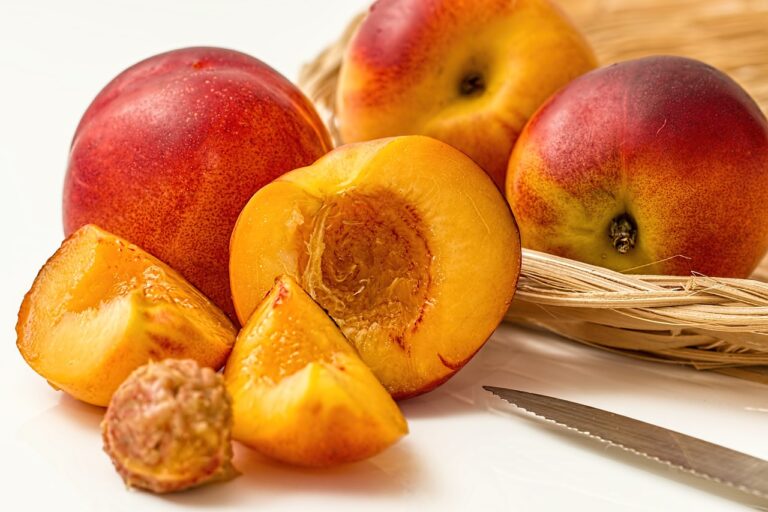Investigating the Influence of Cheese on Political Movements
all panel 777.com login, laserbook247, 99exch:It may come as a surprise to many that cheese, a seemingly innocuous dairy product, can have an influence on political movements. However, upon closer inspection, there is a long and complex history of cheese being intertwined with politics. In this article, we will delve into the various ways in which cheese has impacted political movements throughout history.
The Role of Cheese in Political Movements
Cheese has been a staple food in many cultures for centuries, with each region developing its unique types of cheese. In places like France, Italy, and Switzerland, cheese production is deeply ingrained in the cultural identity of the people. It is no wonder then that cheese has played a role in shaping political movements in these countries.
For example, during the French Revolution, cheese became a symbol of resistance against the aristocracy and the monarchy. The famous slogan “Let them eat cheese” was a play on Marie Antoinette’s infamous line about cake, highlighting the growing discontent among the lower classes. Cheese became a way for the common people to assert their identity and challenge the oppressive power structures of the time.
Similarly, in Italy, cheese has been used as a tool for promoting regional autonomy and independence. Regions like Lombardy and Piedmont take immense pride in their cheese production, using it to showcase their unique cultural heritage. Cheese has become a rallying point for movements advocating for decentralization and increased autonomy from the central government.
In Switzerland, cheese has played a critical role in shaping the country’s political landscape. The Swiss cheese industry is highly decentralized, with each region producing its unique varieties of cheese. This decentralization has fostered a sense of local identity and pride, leading to movements seeking to protect and promote traditional cheese-making practices. Cheese has become a symbol of Swiss cultural heritage, uniting people across different regions in their fight for recognition and respect.
The Influence of Cheese on Global Politics
Cheese has also had an impact on global politics, with trade disputes and diplomatic tensions arising over the production and export of cheese. Countries like France and Italy have long advocated for the protection of their traditional cheese-making methods, leading to conflicts with international trade organizations like the World Trade Organization.
Cheese has become a bargaining chip in trade negotiations, with countries using tariffs and quotas to protect their domestic cheese industries. The European Union, for example, has strict regulations on the production and labeling of cheese, leading to tensions with countries outside the EU seeking to export their cheese products.
In recent years, cheese has also become a symbol of resistance against globalization and corporate capitalism. The rise of artisanal cheese-makers and small-scale producers has been a reaction to the homogenization of the food industry, with people seeking out unique and locally-produced cheeses as a way to support small businesses and preserve traditional food culture.
Cheese and Social Movements
Cheese has even found its way into social movements, with activists using cheese as a means of raising awareness about various causes. In the United States, groups like Animal Rights Militia have targeted cheese producers, highlighting the environmental impact of dairy farming and advocating for plant-based alternatives. Cheese consumption has been linked to deforestation, water pollution, and animal cruelty, prompting activists to call for a shift towards more sustainable and ethical food choices.
Cheese has also been used as a tool for social change in developing countries, with organizations like Heifer International promoting cheese-making as a means of poverty alleviation. By teaching small-scale farmers how to produce and sell cheese, these organizations are empowering communities to create sustainable livelihoods and improve their quality of life.
The Future of Cheese and Political Movements
As the world grapples with issues like climate change, food insecurity, and social inequality, cheese will continue to be a point of contention in political debates. The growing demand for sustainable and ethical food practices will put pressure on cheese producers to adopt more environmentally-friendly methods and ensure fair wages for workers.
Cheese will also play a role in shaping cultural identity and promoting regional autonomy, with people using cheese as a way to assert their heritage and challenge dominant power structures. By supporting local cheese-makers and advocating for traditional food practices, individuals can contribute to a more diverse and resilient food system.
In conclusion, cheese may seem like a simple food product, but its influence on political movements is far-reaching and complex. From the French Revolution to modern-day social activism, cheese has been a powerful symbol of resistance, identity, and change. As we continue to navigate the challenges of the 21st century, cheese will undoubtedly remain a key player in the political landscape.
FAQs
1. Can cheese really impact political movements?
Yes, cheese has a long history of being intertwined with political movements, serving as a symbol of resistance, cultural identity, and social change.
2. How can I support ethical cheese production?
By choosing cheese from small-scale producers, you can support ethical and sustainable cheese-making practices.
3. What are some examples of cheese-related social movements?
Animal rights activists have targeted cheese producers for their environmental and ethical practices, while organizations like Heifer International promote cheese-making as a means of poverty alleviation.
4. Will cheese continue to play a role in political debates?
Yes, as issues like climate change and food insecurity become more pressing, cheese will continue to be a point of contention in political discussions.






